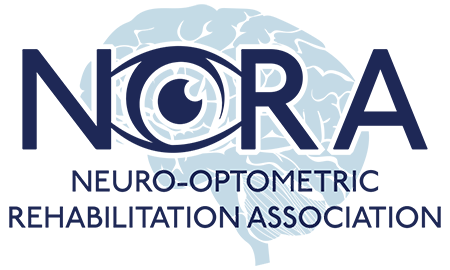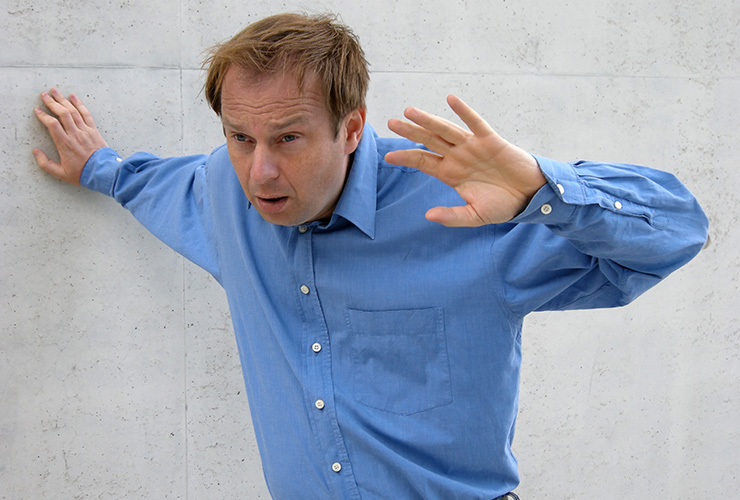Neuro-optometric rehabilitation is an individualized treatment regimen for patients with visual deficits as a direct result of physical disabilities, traumatic brain injuries, and other neurological insults. Neuro-optometric therapy is a process for the rehabilitation of visual / perceptual / motor disorders. It includes, but is not limited to, acquired strabismus, diplopia, binocular dysfunction, convergence and/or accommodation paresis/paralysis, oculomotor dysfunction, visual-spatial dysfunction, visual perceptual and cognitive deficits, and traumatic visual acuity loss.
Patients of all ages who have experienced neurological insults require neuro-optometric rehabilitation. Visual problems caused by traumatic brain injury, cerebrovascular accident, cerebral palsy, multiple sclerosis, etc., may interfere with performance causing the person to be identified as learning disabled or as having attention deficit disorder. These visual dysfunctions can manifest themselves as psychological sequelae such as anxiety and panic disorders as well as spatial dysfunctions affecting balance and posture.
A neuro-optometric rehabilitation treatment plan improves specific acquired vision dysfunction determined by standardized diagnostic criteria. Treatment regimens encompass medically necessary non-compensatory lenses and prisms with and without occlusion and other appropriate medical rehabilitation strategies.


